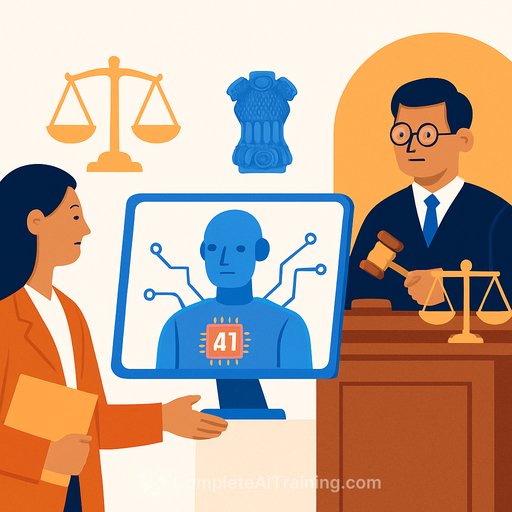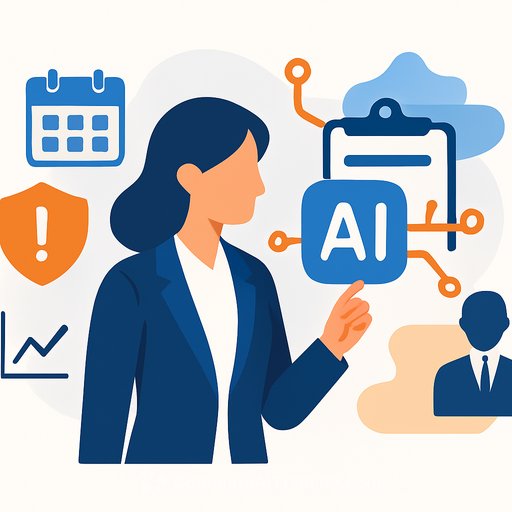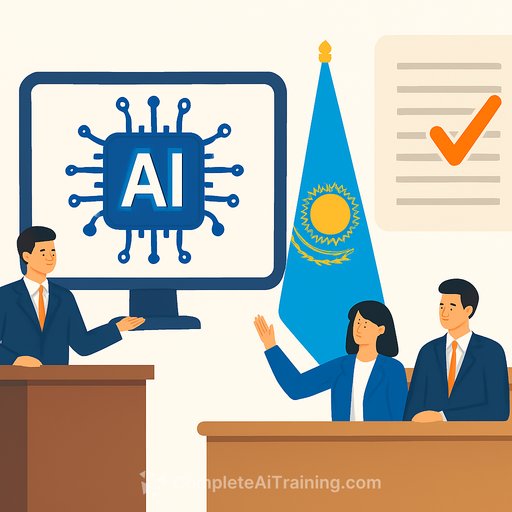Balancing Scales: Integrating AI For Faster, Fairer And More Human Indian Judiciary
India’s judiciary faces a persistent challenge: an overwhelming backlog of cases that slows down justice delivery. To address this, artificial intelligence (AI) is being introduced as a tool to speed up processes and improve fairness.
Justice Surya Kant of the Supreme Court of India highlights an essential point: while AI can assist in managing workloads and analyzing legal data, the essence of justice must remain human. Technology should support judges and legal professionals, not replace the critical human judgment that shapes fair outcomes.
AI’s Role in Reducing Case Backlogs
Case backlogs have long been a barrier to timely justice in India. AI-powered solutions like machine learning and natural language processing can quickly sift through large volumes of documents, identify relevant precedents, and help prioritize cases.
- Automated drafting of routine orders and judgments
- Advanced legal research tools that reduce time spent on case law analysis
- Predictive analytics to anticipate case outcomes and assist in settlement discussions
These applications help free up judges to focus on complex legal questions and ensure that more cases receive attention without unnecessary delay.
Maintaining Human Judgment in a Tech-Enabled Judiciary
Despite AI’s capabilities, the human element is crucial in interpreting laws, understanding nuances, and delivering justice with empathy. Justice Surya Kant stresses that AI should be seen as an aid rather than a substitute for judicial decision-making.
Legal professionals must remain vigilant against over-reliance on automated systems, ensuring transparency and accountability in AI-driven recommendations. This balance safeguards the rights of litigants and upholds the dignity of the legal process.
Advancing Legal Technology Responsibly
Integrating AI into the Indian judiciary requires careful planning and ongoing evaluation. Training judges, lawyers, and court staff on AI tools is essential for effective adoption.
Those interested in enhancing their skills in AI applications for legal work can explore targeted courses to better understand how technology complements legal expertise. Resources like Complete AI Training’s latest AI courses offer practical insights into AI tools relevant for legal professionals.
Conclusion
AI offers promising solutions to reduce delays and improve efficiency in the Indian judiciary. Yet, as Justice Surya Kant reminds us, the soul of justice must remain human. The future of law lies in integrating technology thoughtfully, preserving fairness, and strengthening the human judgment at the heart of every decision.
Your membership also unlocks:





